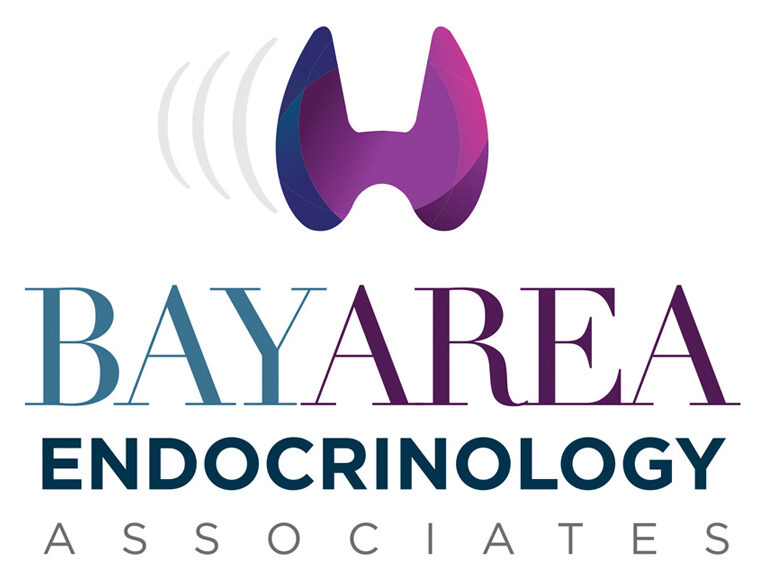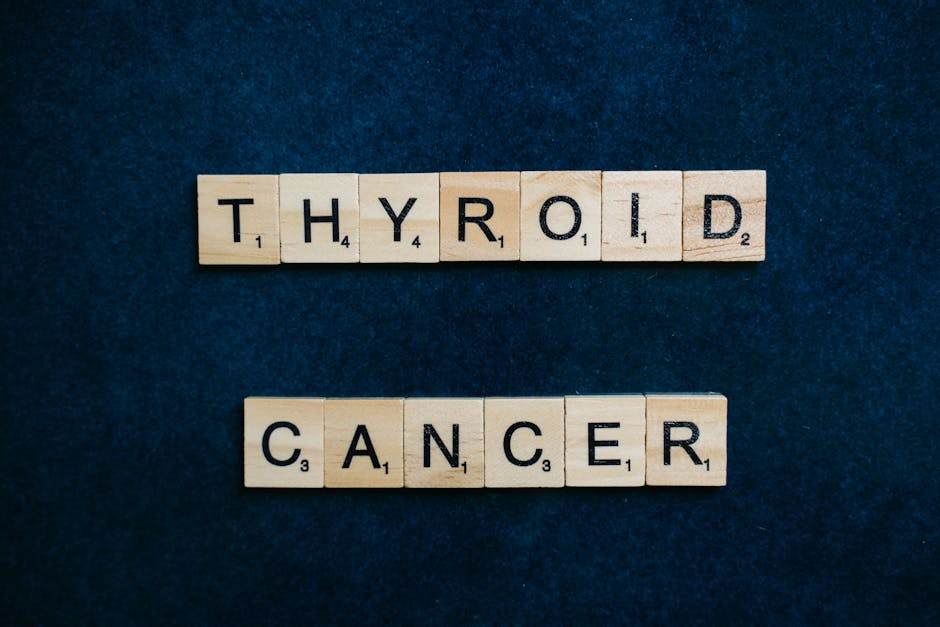You’re among the 40 percent of the U.S. population who has been diagnosed with hypothyroidism. You’ve undergone treatment for it, and you have regular blood tests to monitor your TSH levels. Everything should be fine then, right?
Maybe not. Your diet and lifestyle play an important role in maintaining good thyroid hormone levels, just as taking the proper dosage of thyroid medication are important. According to the Mayo Clinic, it’s important to eat a healthy, nourishing diet although there are stipulations.
Absorption of thyroid supplements may be hindered if the tablets are taken with a high-fiber meal. Foods or supplements that are high in iron should not be consumed with thyroid medication and the same applies to foods or supplements that are high in calcium, aluminum, or magnesium, some ulcer medications, and some drugs that lower cholesterol. The best option is to take the thyroid medication by itself on an empty stomach.
The current trend toward adding or eliminating cruciferous vegetables has no validity, according to doctors at the Mayo Clinic. Excessive consumption of these vegetables can inhibit the body’s ability to absorb iron, but enormous quantities would have to be consumed in order for that to happen.
One of the most important aspects to good thyroid health is to maintain a healthy, active lifestyle and a healthy, varied diet. Another important aspect is to consume adequate amounts of good quality water, which equates to about an eight-ounce glass per waking hour. Not only does this help with constipation, which can be an issue with hypothyroidism, it helps the lymphatic system flush the metabolic toxins out of the body.
Bone broth contains amino acids that can help prevent mineral deficiencies and may help improve the immune system.
Stress, hormonal changes, inflammation, poor diet, and overuse of prescription medications can trigger hypothyroidism, even if you’re on medication, so it’s important to eliminate these factors from your lifestyle, particularly if hypothyroidism runs in the family.
If you’re having problems with your thyroid or your body is telling you that something isn’t right, make an appointment with your Tampa endocrinologist right away.







